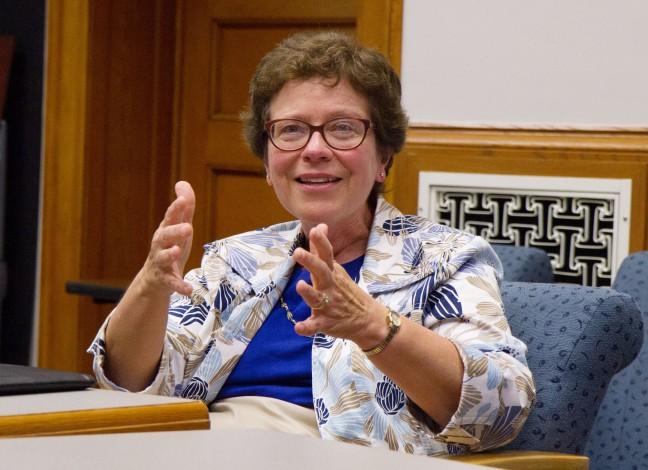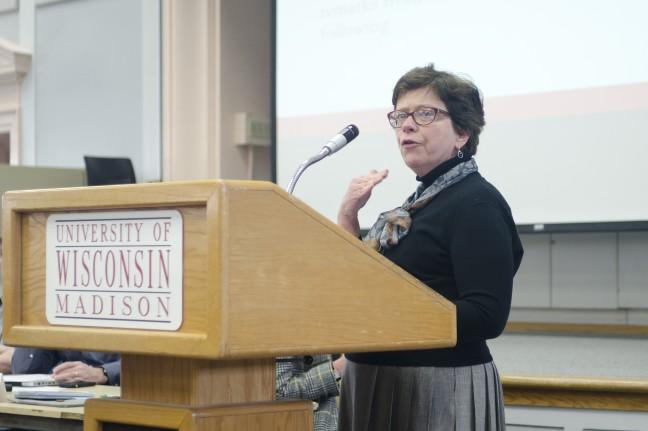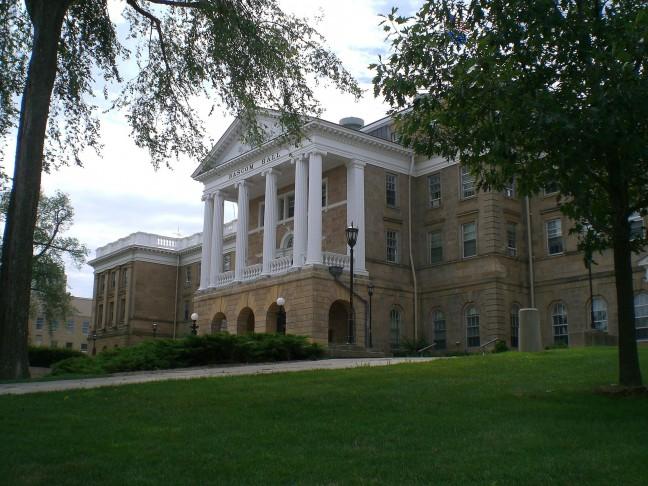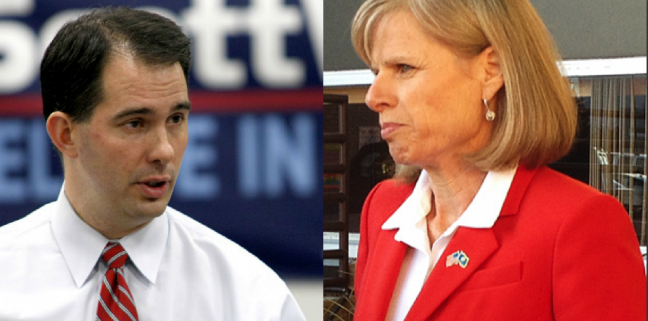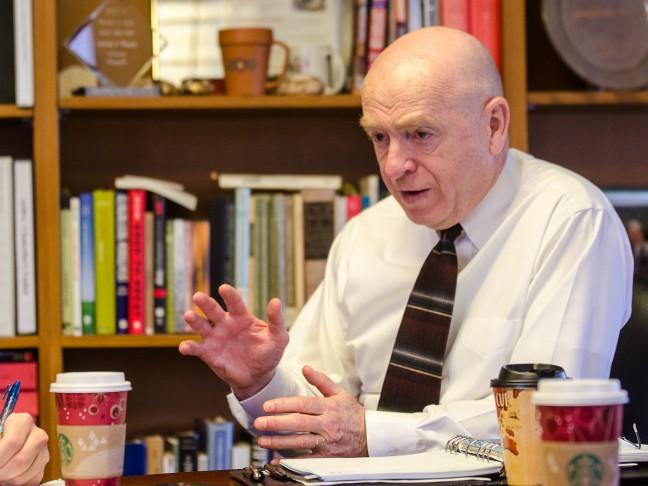On April 5, Rebecca Blank was announced as the next Chancellor of the University of Wisconsin. That same month, a review by the Legislative Fiscal Bureau found a $1 billion surplus in the UW System’s budget.
“It was clear that this was a bad spring, and people particularly seem to be mad at the [UW] System more so than mad at us here in Madison,” Blank said in an interview with The Badger Herald. “There are a lot of tensions as a result of that, [so] I really need to be sure that I know the leadership both in the governor’s office as well as at the other end of State Street and that they know me and feel like we have pretty open lines of communication.”
Throughout the search and screen process, both affordability and the university’s budget became targets of discussion. Blank was tagged as a finalist with a strong economic background after managing a $10 million budget as acting U.S. Secretary of Commerce.
In June, Gov. Scott Walker signed the state budget, approving the UW System’s two-year tuition freeze and reducing funding for the university.
“States have faced very, very difficult times,” Blank said. “The budgets have dropped in every state. This is not just at Wisconsin. One response to that in many states has been higher tuition. And that creates some real problems because you need to have affordable tuition for the residents of states or you certainly don’t have the ‘public’ university.”
For Blank, finding a balance between an adequate budget for the university and offering affordable higher education is looking for new revenue streams.
Currently, outside of tuition and state dollars, UW is one of the top recipients of federal research grant funding and received $594 million in total federal research and development grants in 2011-2012, according to a report by the National Science Foundation.
Although she said federal research money does substantially support the students and faculty, the university needs to improve its private donor stream.
“If it’s state dollars, tuition dollars and federal research dollars, the fourth piece is private donor funding,” Blank said. “One of the things that I think is absolutely incumbent upon me is to work closely with the [UW Foundation] to launch a major campaign for Wisconsin.”
According to UW Foundation’s Chief Development Officer Alisa Robertson, the university’s last comprehensive private donor campaign ran from 2000 to 2006. Although fundraising continues outside of campaigns, Robertson said campaigns allow for the faculty and staff to identify key top priorities.
Under Blank, Robertson said the university’s private donation campaign strategy has undergone a facelift, bringing in a focus on social media and interactive tools in addition to an upgraded direct mail program.
Blank, who has been preparing to launch her private donation campaign, emphasized the importance of differentiating the uses of the different revenue streams.
“What I want private donors to do is give me things that the state and the tuition dollars shouldn’t be spent on,” she said. “Some of that is building some buildings that the state is not going to fund.”
The key is finding a way the donor dollars can leverage federal research dollars, state dollars and tuition dollars, Blank said.


